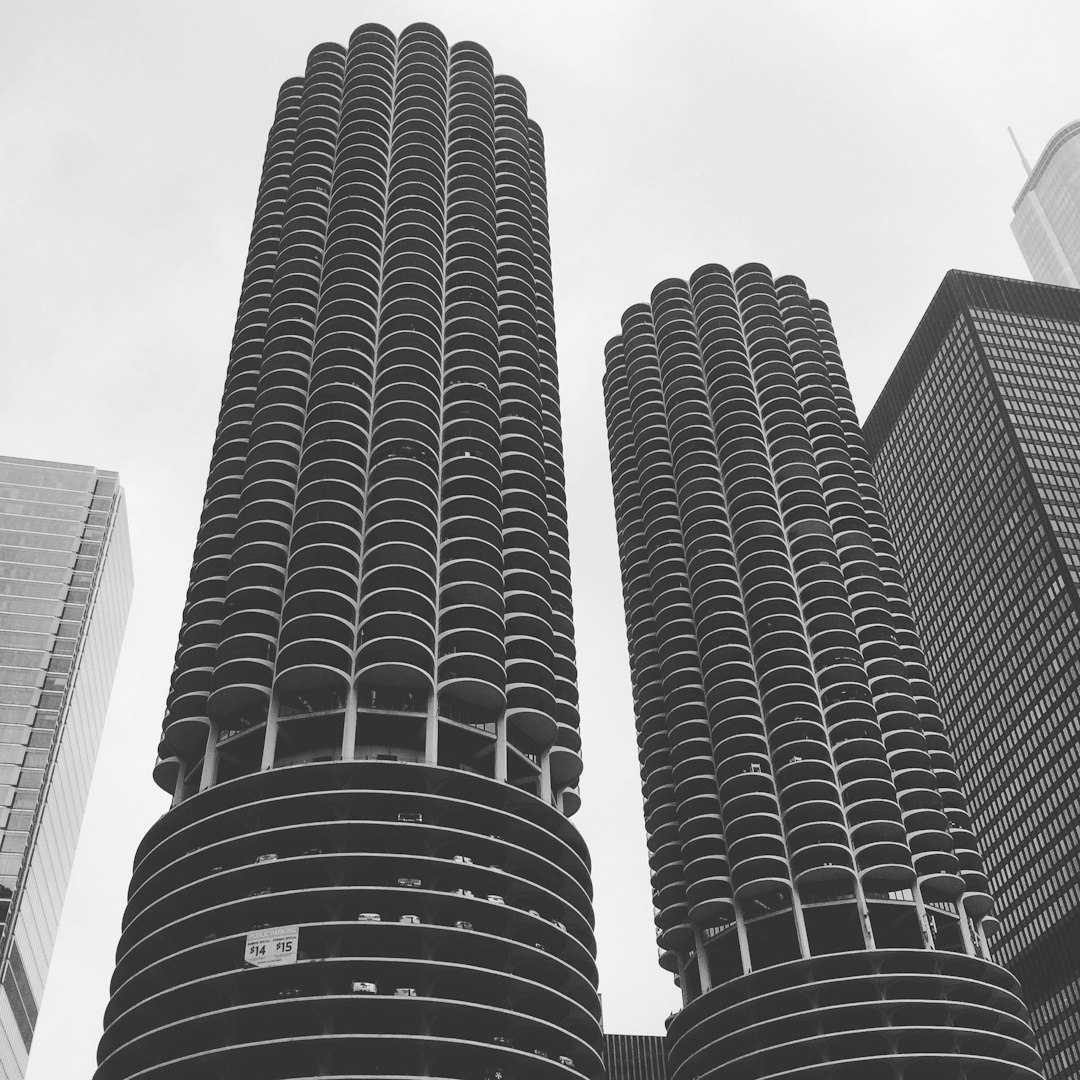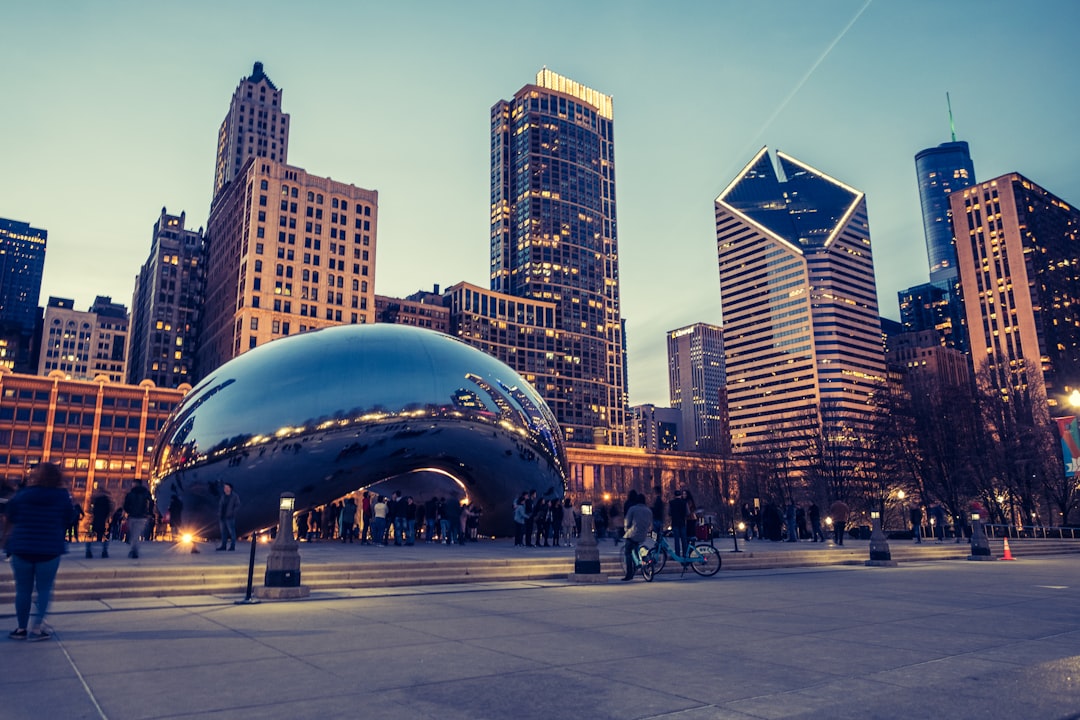In Chicago's telecommunications sector, Spam Call Law Firm Chicago is revolutionizing TCPA cases through class-action lawsuits against spammers. By pooling claims from victims, these firms provide efficient legal service, ensuring justice and monetary relief for individuals while deterring businesses from engaging in unwanted telemarketing practices. This collective approach fosters a more responsible telecommunications environment in the city.
“In the battle against pervasive spam calls, a powerful weapon has emerged: class-action lawsuits. This strategic approach, often employed by a Chicago spam call law firm, allows consumers to collectively fight back against telemarketers who violate the Telephone Consumer Protection Act (TCPA). By banding together, individuals can hold these spammers accountable and seek redemption for their annoying and unlawful practices.
This article explores how class-action lawsuits are reshaping the Chicago TCPA landscape, offering a comprehensive guide to understanding this collective remedy.”
Understanding Class-Action Lawsuits: A Tool for Collective Redemption in Chicago's TCPA Cases

In the complex landscape of telecommunications law, class-action lawsuits emerge as a powerful tool for justice in Chicago’s TCPA (Telemarketing and Consumer Protection Act) cases. These legal mechanisms allow individuals who have been wronged by spam calls to unite their efforts, forming a collective force against perpetrators. A spam call law firm Chicago specializing in TCPA litigation plays a pivotal role in navigating this intricate process.
By aggregating claims from numerous victims, class-action lawsuits enable efficient and effective legal representation. This collective approach ensures that each plaintiff’s voice is heard and that they can recover damages for their experiences with unwanted telemarketing calls. It also sends a strong message to businesses engaging in such practices, deterring future violations and fostering a more responsible and compliant telecommunications environment in Chicago.
Navigating the Chicago TCPA Landscape: When Spam Calls Cross the Line

In the bustling city of Chicago, navigating the complex landscape of telecommunications laws can be a challenging task, especially regarding spam calls. The Telephone Consumer Protection Act (TCPA) is a federal law designed to protect consumers from unsolicited telephone marketing and robocalls, but its interpretation and enforcement vary across jurisdictions. A Chicago spam call law firm plays a crucial role in helping individuals and businesses understand their rights under this act.
When spam calls cross the line, exceeding mere nuisance to invade privacy or disrupt daily life, a class-action lawsuit may be warranted. These collective legal actions not only seek monetary compensation for affected parties but also serve as a powerful deterrent against violators. In Chicago, where business and personal communication channels are diverse, having a specialized law firm handle TCPA cases ensures that the unique aspects of local regulations are considered, providing residents with robust protections against spam calls.
The Impact and Success of Class-Action Lawsuits in Holding Spammers Accountable

Class-action lawsuits have emerged as a powerful tool in the fight against spam calls, with notable success stories in Chicago and beyond. When individuals or groups band together to take on spammers, it sends a strong message that such unauthorized and intrusive phone marketing will not be tolerated. These collective legal actions not only hold accountable those responsible for making unwanted spam calls but also serve as a deterrent to potential future offenders.
A Chicago spam call law firm specializing in class-action lawsuits has achieved significant victories, resulting in substantial financial settlements for victims. By consolidating individual cases into a single lawsuit, these firms amplify the impact and ensure that each affected party receives compensation. This collective approach not only provides relief to those who have suffered from spam calls but also creates a precedent, setting a clear legal framework for holding spammers accountable and potentially deterring similar future activities.






